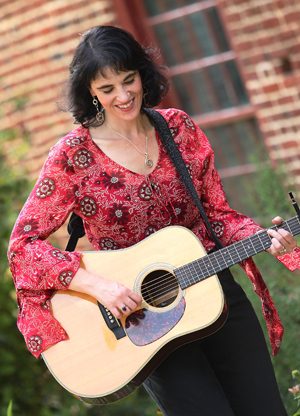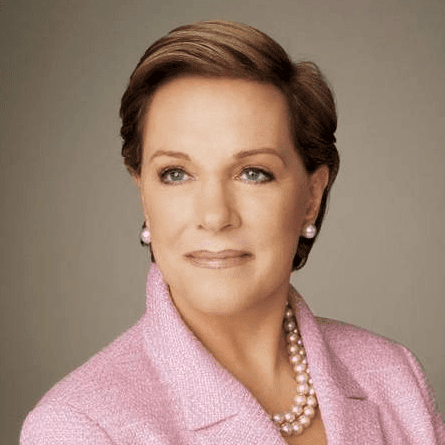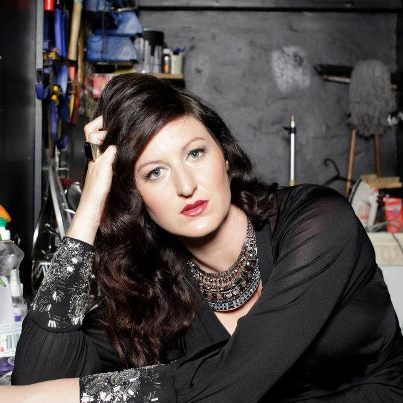
The songwriter speaks frankly about shame, love and integrity. Plus, watch the video for her OUTMusic award-winning song “Courage of Our Convictions.”
Julie Clark is a quiet storm. A soft-spoken gal from Virginia who didn’t come out until well into her 20s, Clark won a 2009 Out Music Award for best single of the year. That single, “Courage of our Convictions,” is a striking gay anthem that was also the theme song for the National Equality March last October.
How did it feel to win an Out Music Award?
It was a nice surprise. I was lucky enough to have been nominated in four categories: songwriter, record, folk song [and single]. It was nice to come home with an award because even with four nominations, you never know. It always impresses me that in the gay community there is so much flair and so much talent that is surprisingly high-level for such a small percentage of the population.
What was it like to perform your song at the National Equality March?
That was a pretty big deal. It was a great opportunity to be part of a historic demonstration that was really exciting. I have a music video that will be my first official music video, combining footage of the march and rally and my performance and I’m hoping that it will get airplay.
The album Change Your Mind seems to be healing music—there’s a lot about your childhood, about being formerly overweight and mixed in with political statements.
It runs the gamut from the political to the personal, very personal. It’s very much in the realm of feeling and healing for me.
Your issues with body image are very prevalent on the CD and in your bio. Can you talk about that more?
I think that it’s one of the major things that shaped my life and how I look at the world and how my music comes across—or at least some of the context. Songwriting is very therapeutic. I have found that it’s really not that uncommon to have deep shame about something—not necessarily weight, really anything. I really had no idea how the public would respond to that song, how they would relate to it—whether it’s weight or anything else that you were not supposed to be or were a disappointment about, whether it’s your parents or family or you just feel you don’t measure up, it cuts really deeply. When I sing, it brings things up for people, even if weight was not their issue.
How did the weight issue manifest in your life and how did lesbianism complicate or simplify that?
The weight for me was a much harder issue. I didn’t really start addressing my sexuality until I was in my 20s. I was grappling with the weight struggle and the social. Interestingly, finally understanding that I was lesbian—and fortunately that the women’s community was much more loving and non-judgmental—was a huge breath of fresh air and a relief and a joy. I allowed myself to be a lesbian and find the love and support of the women’s community. Sure it was a struggle to come out both professionally and personally, but the process of connecting with women brought me the first real happiness in my life. It’s just become clear that I was born gay and meant to be gay and I’m very much at peace with that.


